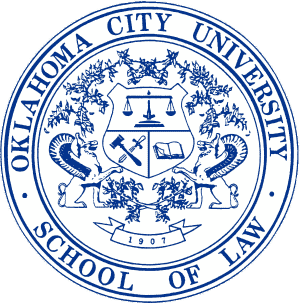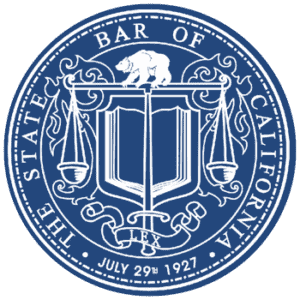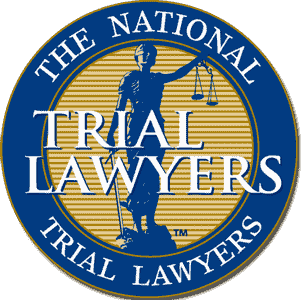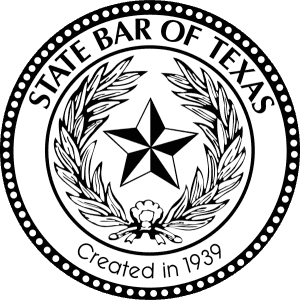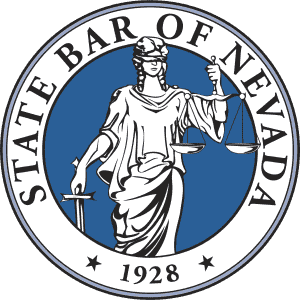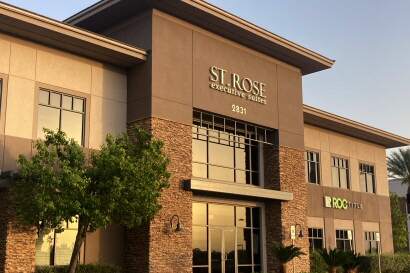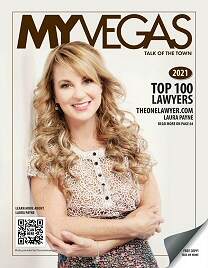Habitability And Essential Services Required to be fulfilled by a Landlord in Nevada
Estimated Reading Time: 8.5minutes
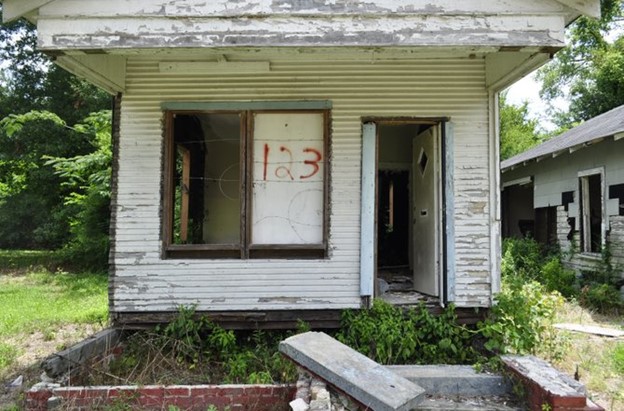
Find out what you can do if your landlord has failed to maintain your rental property in a livable condition or failed to provide certain essential services (electricity and water, for example).
Overview
Your landlord must maintain your rental property in a habitable condition. “Habitable condition” generally means that the rental property is livable so that an average person could reside there in reasonable comfort.
Your landlord must also provide certain “essential items or services,” unless your lease says differently. “Essential items or services” generally means that your rental property has heat, air-conditioning, running water, hot water, electricity, gas, a functioning door lock, and other essential items or services.
If you are having a problem with habitability or an essential item or service, you can follow the five steps below to give your landlord written notice of the problem and an opportunity to fix it. If your landlord fails to fix the problem, Nevada law gives you certain “remedies” (ways to enforce your rights).
Step 1: Is your problem “essential” or “nonessential”?
Step 2: Mail you landlord a written notice
Step 3: Wait to see whether your landlord repairs
Step 4: Enforce your rights if landlord fails to repair
Step 5: Watch to see what your landlord does
Step 1:
Is Your Problem “Essential” Or “Nonessential”
It is important to decide whether your problem is “essential” or “nonessential” because each has different timeframes and remedies.
You have an “essential” items or services problem if it involves such things as heat, air-conditioning, running water, hot water, electricity, gas, a functioning door lock, or another essential item or service, without which your rental property is not livable. (NRS 118A.380(1).)
TIP! If your landlord has intentionally turned off some essential service, perhaps as a way to force you out of the property, there is a different procedure you can use. Click to read about Illegal Lockouts and Service Terminations.
You have a “nonessential” habitability problem if it involves something that is not an “essential item or service” but still affects whether the rental property is habitable. A rental property is not habitable if it violates housing or health codes concerning health, safety, sanitation, or fitness, or if the property substantially lacks:
- Effective waterproofing and weather protection of the roof and exterior walls, including windows and doors.
- Plumbing facilities that conformed to applicable law when installed and that are maintained in good working order.
- A water supply that can produce hot and cold running water, furnished with the appropriate fixtures and connected to an approved sewage disposal system and maintained in good working order.
- Adequate heating facilities.
- Electrical lighting, outlets, wiring, and electrical equipment.
- Adequate removal of garbage and an adequate number of appropriate receptacles for garbage in clean condition and good repair.
- Building, grounds, and all other areas under the landlord’s control that are clean, sanitary, and reasonably free from accumulation of debris, filth, rubbish, garbage, rodents, insects, and vermin.
- Floors, walls, ceilings, stairways, and railings maintained in good repair.
- Ventilating, air-conditioning, and other facilities and appliances, including elevators, maintained in good repair if supplied by the landlord.(NRS 118A.290(1).)
2010 Nevada Code
TITLE 10 PROPERTY RIGHTS AND TRANSACTIONS
Chapter 118A Landlord and Tenant: Dwellings
NRS 118A.380 Failure of landlord to supply essential services.
NRS 118A.380 Failure of landlord to supply essential services.
- If the landlord is required by the rental agreement or this chapter to supply heat, air-conditioning, running water, hot water, electricity, gas, or another essential service and the landlord willfully or negligently fails to do so, causing the premises to become unfit for habitation, the tenant shall give written notice to the landlord specifying the breach. If the landlord does not adequately remedy the breach, or use his or her best efforts to remedy the breach within 48 hours, except a Saturday, Sunday or legal holiday, after it is received by the landlord, the tenant may, in addition to any other remedy:
(a) Procure reasonable amounts of such essential services during the landlord’s noncompliance and deduct their actual and reasonable cost from the rent;
(b) Recover actual damages, including damages based upon the lack of use of the premises or the diminution of the fair rental value of the dwelling unit;
(c) Withhold any rent that becomes due during the landlord’s noncompliance without incurring late fees, charges for notice or any other charge or fee authorized by this chapter or the rental agreement, until the landlord has attempted in good faith to restore the essential services; or
(d) Procure other housing which is comparable during the landlord’s noncompliance, and the rent for the original premises fully abates during this period. The tenant may recover the actual and reasonable cost of that other housing which is in excess of the amount of rent which is abated.
- If the tenant proceeds under this section, the tenant may not proceed under NRS 118A.350 and 118A.360 as to that breach.
- The rights of the tenant under this section do not arise until the tenant has given written notice as required by subsection 1, except that the tenant may, without having given that notice:
(a) Recover damages as authorized under paragraph (b) of subsection 1 if the landlord:
(1) Admits to the court that the landlord had knowledge of the lack of such essential services; or
(2) Has received written notice of the uninhabitable condition caused by such a lack from a governmental agency authorized to inspect for violations of building, housing or health codes.
(b) Withhold rent under paragraph (c) of subsection 1 if the landlord:
(1) Has received written notice of the condition constituting the breach from a governmental agency authorized to inspect for violations of building, housing or health codes; and
(2) Fails to remedy or attempt in good faith to remedy the breach within the time prescribed in the written notice of that condition from the governmental agency.
- The rights of the tenant under paragraph (c) of subsection 1 do not arise unless the tenant is current in the payment of rent at the time of giving written notice pursuant to subsection 1.
- If such a condition was caused by the deliberate or negligent act or omission of the tenant, a member of his or her household or other person on the premises with his or her consent, the tenant has no rights under this section.
(Added to NRS by 1977, 1339; A 1985, 1416; 1987, 314; 1999, 1230; 2007, 1286)
FYI! You may have agreed in your lease to perform certain repairs, maintenance tasks, and minor remodeling. That’s acceptable so long as the agreement was made in good faith and doesn’t diminish the landlord’s obligation to other tenants. (NRS 118A.290(2).) So read your lease carefully. You can’t, for example, complain that there’s trash on the property if you validly agreed to remove all trash and keep the property neat and clean.
Step 2:
Mail Your Landlord A Written Notice
If you have a problem with your rental property, you must give written notice of the problem to your landlord or manager. (NRS 118A.355(1), 118A.260.) Simply telling your landlord about the problem or submitting a work order is not enough. The written notice from you is your proof that you told your landlord about the problem and asked that it be repaired. If you do not give written notice, you might not be able to assert your rights under Nevada law.
Make sure you keep a copy of the written notice you send. Also make sure you mail the notice to your landlord by certified mail, return receipt requested, so you have proof of mailing.
The only time you may not have to give written notice is when the landlord has been cited for the problem by a code enforcement agency. (NRS 118A.355(4).) For information about code enforcement agencies in your area, click to visit Housing Resources.
If you decided in Step 1 that you have an “essential” items or services problem, you can download a sample letter to your landlord by clicking one of the listed formats underneath the letter’s title below:
At TheOneLawyer.com, we are here to serve our community and provide legal services in the Henderson and Las Vegas area. We are a boutique law firm providing experienced and personal representation to injured clients. At the Law Offices of Laura Payne-Hunt, TheOneLawyer.com we provide professional and personal service to each and every one of our clients on various legal matters and have over 15 years of experience in reviewing insurance policies and in Nevada insurance law. If you have a question regarding any type of personal injury or paying your medical bills from an accident, please don’t hesitate to call the offices of TheOneLawyer.com and speak directly to attorney Laura Marie Payne-Hunt, Esq. a Henderson Injury Attorney for over 15 years. Laura is recognized as one of Nevada’s Top 100 Lawyers. She has the experience and knowledge to obtain the maximum settlement you deserve. Please call our office if you or a loved one is injured. We can make sure that you receive the care you need and deserve and advise on how to preserve evidence.
At our office, we are experienced in helping injured victims get the compensation they are entitled to. Insurance companies never have the best interest of the injured person at the top of their priorities. They want to pay as little on every claim as possible. Having worked for an insurance company as an attorney for 9 years before opening my boutique law firm specializing in helping injured people, I have reviewed thousands of auto accident claims and policy provisions.
At the Henderson and Las Vegas Accident injury law offices of TheOneLaweyer.com, Laura Marie Payne-Hunt and her staff are here to help you and your family in the event that accidents and tragedies occur. For any of your legal needs, do not hesitate to contact our Henderson and Las Vegas Accident injury offices. TheOneLawyer.com is a boutique, family owned law firm that specializes in helping injured people and the community of Las Vegas and Henderson Nevada with legal issues involving auto accidents, wrongful deaths, slip and falls, truck accidents, injuries to children, bicycle accidents, dog bites, product liability claims, and all types of injury claims. Please do not hesitate to call us anytime you have a legal question or you or a loved one has sustained an injury at 702-450-(HUNT) 4868 and text 24/7 at 702-600-0032.

